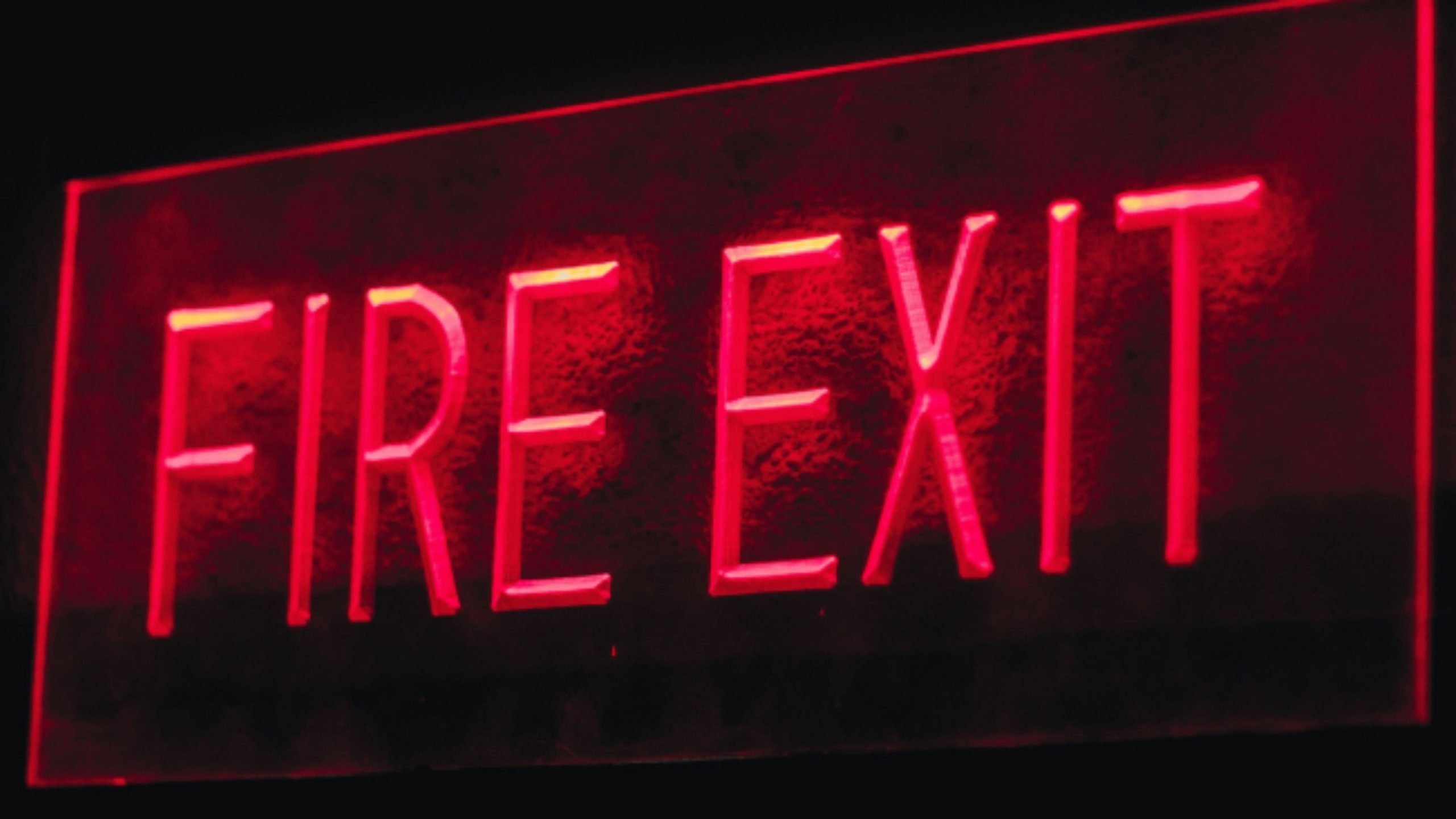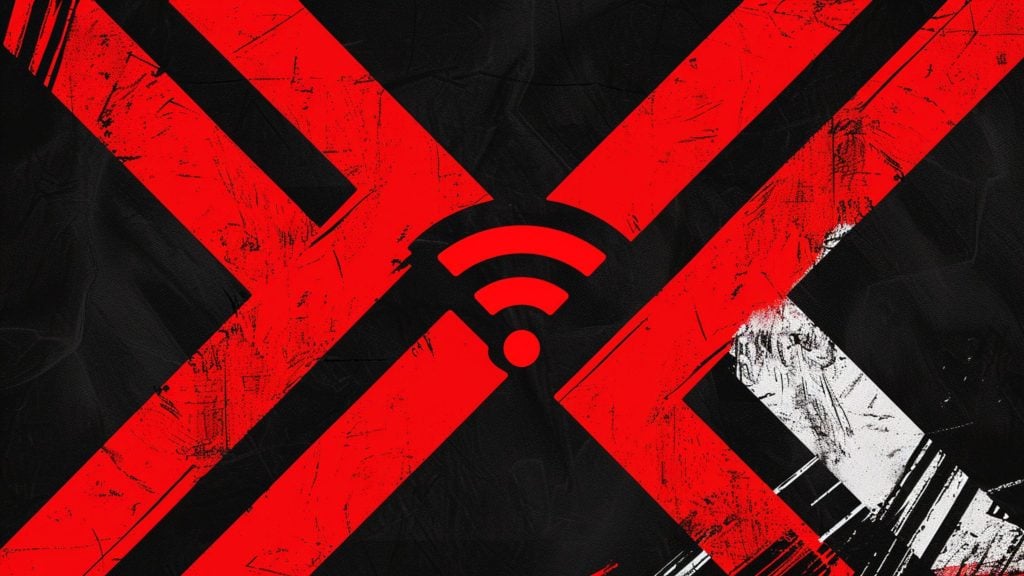The manner in which free speech has been coming under attack over the past several years makes it easy to forget that this is not the only era of the internet and social media when this has been happening.
Different approaches and debates about how to handle what is, or is seen as “misinformation” and “disinformation” (used by most censorship champions interchangeably these days) have existed in the past as well, as have attempts to justify limiting freedom of speech protections provided by the US Constitution’s First Amendment.
And in the US, the go-to “crutch phrase” used by those favoring the stifling of speech over promoting freedom of expression has been to explain it as the need to sanction those who are, proverbially, “shouting fire in a crowded theater.”
The expression is derived from a 1919 US Supreme Court case, US v. Schenck, during which Justice Oliver Wendell Holmes remarked that, “The most stringent protection of free speech would not protect a man in falsely shouting fire in a theater and causing a panic.”
The phrase would in the meantime all but inevitably appear whenever an argument is being made that censorship is acceptable and needed in order to prevent some type of harm. But the use of “shouting fire in a crowded theater” in this way is itself a form of disinformation.
Charles Schenck got himself in trouble, and in jail 100 years ago not by literally starting any fires, but by opposing the WW1 draft policy of his government, and putting together a pamphlet to this effect. Schenck v. The United States held that the defendant’s speech opposing the draft during World War I was not protected free speech under the First Amendment.
Some of the slogans he used are fairly universal, though, and can be applied to a variety of issues, including the present-day curtailing of online speech: messages like, “Do not submit to intimidation,” and, “Assert your Rights.”
Schenck was put on trial and found guilty under the Espionage Act, but in 1969, the US Supreme Court ruled on the issue of inflammatory speech in the Brandenburg v. Ohio case to annul the validity of that decision, when it established that the First Amendment does in fact protect free speech, all the way to the right of Ku Klux Klan members to advocate violence – unless there as a direct threat of “imminent lawless action.”
Although the expression about fires in crowded theaters never carried actual legal weight, the 1969 decision should have also made it less and less appealing to censorship proponents. However, it is still going strong.
There are several cases when the phrase was used in the last decade by officials and commentators, such as a Twitter user accused of spreading disinformation during Hurricane Sandy, WikiLeaks and its activities, and a pastor calling for the burning of Qurans.
In internet years, 2012 is today a distant past, however, the same issues concerning free speech and transparency around attempts to suppress it online were taking place at the time as well. What’s changed in the last eight years is the intensity of the argument that the only way to deal with misinformation or disinformation is to obliterate such suspected content in acts of, by and large, unaccountable censorship, particularly that taking place on social media.
In the US, this has become an often fear mongering campaign that promotes the notion that other approaches would directly and dangerously undermine democracy. In reality, though, it’s the rampant censorship that is more likely to achieve this; even Justice Holmes eventually came round to the idea that “free trade in ideas” was preferable to their suppression, when he later dissented in a case similar to Schenck’s.
The best, and likely the only truly legal and legitimate way to deal with false information on social media is to identify and expose it, rather than censor it, or prosecute its authors.
As for the “crowded theater” phrase, these days it is almost exclusively used in the media to heap criticism on US President Donald Trump, such as this recent Vanity Fair article that calls him “The Human Embodiment of Yelling ‘Fire’ in a Crowded Theater.”
This was said in the context of the coronavirus epidemic, and, of course, a particularly heated election campaign that is fertile ground not only for censorship but also for using strong and suggestive language like this – whether or not it has any legal, or ethical relevance.













